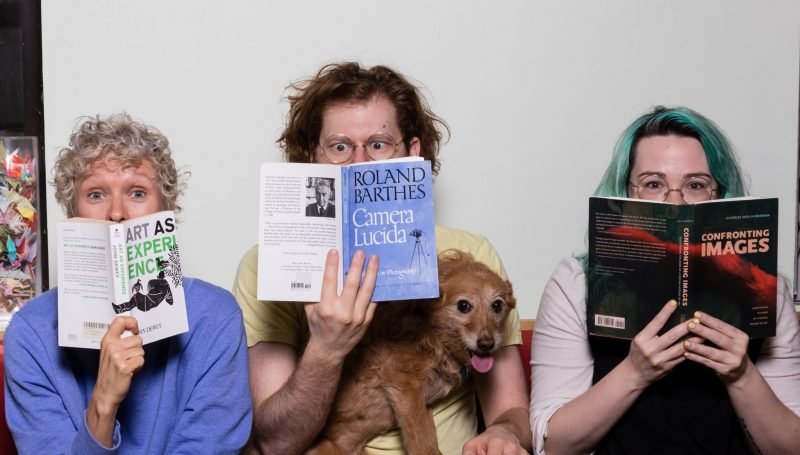With Recharge Short Stay Really Becomes Short Stay
Recharge, a recently launched app, offers short stay bookings in hotels and in people's homes in New York and San Francisco. But unlike with other booking websites and services such as Airbnb, Recharge offers bookings by the minute, taking short stay literally.
Do you have a spare hour between meetings to take a quick nap or do you want to have a shower before you go to the airport? Recharge is there for you to provide a bed, a shower, a bath, or a sofa for a few hours. Both hotels and home owners can list a space with Recharge. In the app, users can find nearby Recharge listings and book instantly. From the moment you book, the room or apartment is ready for you to check-in through either a front desk, a combination lock box, or smart lock with Recharge integration. When you’re done, you hit check-out and you’re free to go. You can also book a Recharge in advance.

Obviously, Recharge is not everyone’s cup of tea. Recharge say they are aiming to attract “locals and corporate commuters and travellers who are willing to pay a premium price to access living space when home is too far or inconvenient to access”. What does it mean for the host? When you rent out your home or a part of your home, you’re responsible for cleaning the Recharge or you can pay Recharge to take care of the cleaning. Every booking is covered up to 1 million dollars for accidental property damage and another 1 million dollars for liability insurance claims.

We live in a time where flexible work hours and ever changing weekly schedules are the norm. Home owners can now profit from this and fill unexpected time away from home with renting out their apartment or house for extra cash. Office professionals that suddenly have a spare few hours due to a cancelled meeting can now get the feeling of being home, without having to go home in between activities.
Just like your daily commute and your dinner that are available on demand, comfort, peace, and quiet are now available through your phone as well. People in cities are now increasingly aware of the (mental) healthy issues that can arise due to air, noise, and light pollution in urban areas and they want to take action. New strategies for urban well-being are popping-up – from more universal ones like apps that help you find quiet places, the silent church movement and urban forests, to more luxurious and exclusive ones like Recharge.



